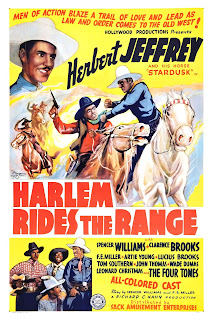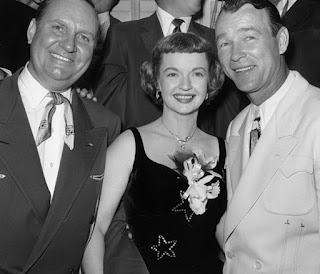 |
This Chaplin GIF is submitted in an attempt
to lighten all our spirits. |
It’s not too late to reboot 2020 so we can start over, is it?
The holiday season, at least, was a good one. Virginia took me to a Cirque du Soleil show at Madison Square Garden, and in turn, I took her to a performance of
Messiah at Carnegie Hall. These were our Christmas gifts to each other. It was the first time I had seen either one. On Christmas night we had dinner with friends—I made a salad—and on New Year’s Eve she and Sandi were once again part of the annual free choral recital in midtown Manhattan. Ann was part of it too, for the first time. It was kinda funny how many people I knew in the chorus this year. Our after-party was a tad smaller than last year, but that was okay.
——————
Last month was a sad one for Trekkies. On the heels of the death of popular
Deep Space Nine supporting player Aron Eisenberg, we lost more stars, from both sides of the camera. I’ve talked about
DC Fontana here before; not too much more to add. As a woman writer, she was an inspiration to many who came after her, whether they were professionals in the industry or fans writing for SF zines. As for Rene Auberjonois, I remember feeling good about him joining the cast of DS9 because of his TV and film work elsewhere, and his was a tremendous contribution. His interpretation of Odo was as a multi-faceted character, loaded with contradictions, yet with a human touch underneath his brusque exterior. His relationships with Kira and Quark were fascinating to watch unfold and they brought so much depth to the overall story. Great artists who gave us much to be thankful for as fans.
——————
On a somewhat happier Trek-related note: I had made peace with the belief I would never get to see
Star Trek: Discovery, but Ann acquired CBS All Access last month and she was kind enough to invite me to her house so we could binge-watch it. No, I did not expect to do that quite so soon after
my little experiment, but life, y’know?
We watched the first twelve or so episodes of Season 1, over two nights. I won’t go into specific details here, but while some things were impressive—Michael Burnham is a unique character in Trek lore, with her own set of morals, and I like the premise of a disgraced Starfleet officer seeking redemption—there was a lot more I didn’t care for. The technology which clearly is superior to that of Kirk’s era; the profanity, which wasn’t Scorsese-level but served no purpose I could tell; the gee-whiz shots of outside the
Discovery and then zooming inside; the stronger-than-usual emphasis on action; the unnecessary redesign of the Klingons; the de-emphasis on Starfleet values; the generic American crew; the lack of humor, THE CONSTANT GODDAMN CUTS.
If you wanna get into specifics, let’s talk in the comments. For now, I’ll just say: I understand this is set during a time of war, but even during the Dominion War, DS9 placed a greater emphasis on character and plots tailored around each character than what I’ve seen from
Discovery so far. That may change, but I’m not convinced yet. Here’s hoping
Picard will be better.
———————
Let’s go straight to the links:
Le uses
All Quiet on the Western Front to address
violence in war movies.
Jacqueline on
Lionel Barrymore and Christmas.
Cats is gonna lose a ton of money.
Sam Mendes on how his grandfather inspired
1917.
The animation studio behind the Lion King remake shut down.
Could Adam Sandler win an Oscar? If he doesn’t,
he’ll unleash a bomb of a movie on us.
Former DS9 star Nana Visitor on
Rene Auberjonois.
CBS All Access is
expanding Star Trek in many directions.
This post sums up my feelings about the whole
CGI James Dean thing.
The struggle to preserve
film backdrops.
Spotlight on former NBA star Kevin Garnett in
Uncut Gems.
And then there was that time the US government
thought Wakanda was a real country.






































